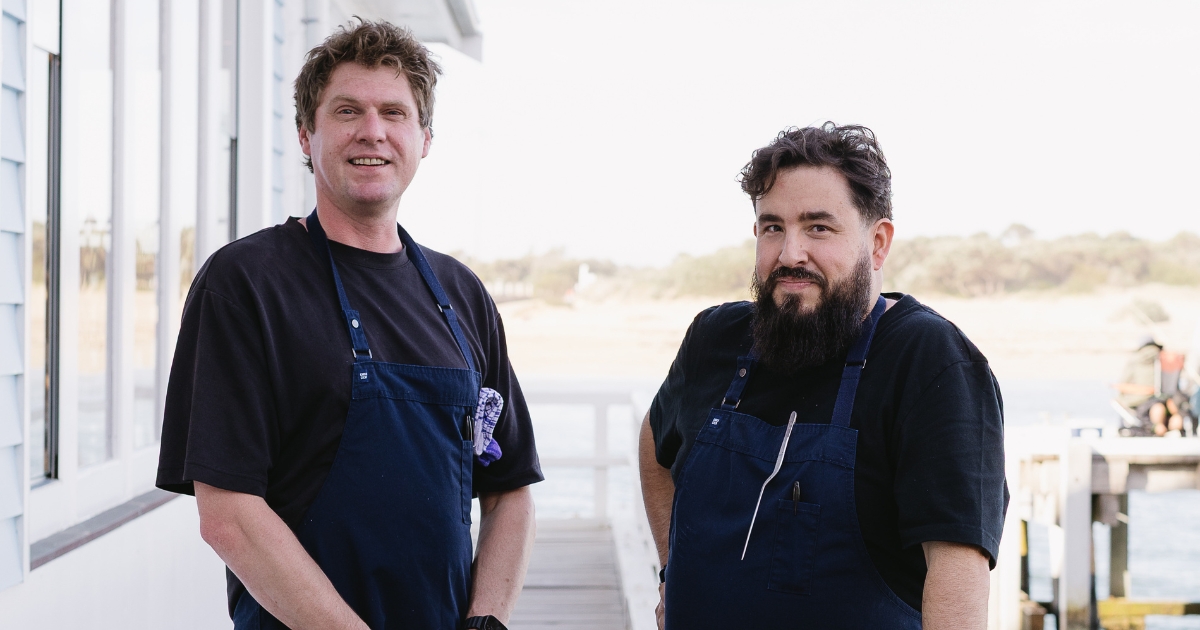Survey reveals widespread fear of cancer discrimination

First Nations woman Kerry Boyenga has experienced first-hand the added challenges that come with living in a regional area. It took her six months to be diagnosed with Australia's most common type of blood cancer, non-Hodgkin lymphoma - and she's not alone. Inset: Leukaemia Foundation chief executive officer Chris Tanti. Photo: SUPPLIED
Two thirds of Australians fear they will experience discrimination while receiving treatment for cancer, new research has found.
The survey, commissioned by the Leukaemia Foundation, found that about 70 per cent of Australians are concerned that, if diagnosed, their age, gender, sexual orientation, income, where they live or the language they use at home, will impact their treatment and chances of surviving cancer.
Leukaemia Foundation chief executive officer Chris Tanti said the survey results were deeply concerning, particularly because discrimination can perpetuate health inequities, and highlighted the need for greater awareness of cancer in the country.
“We already know there is a troubling and stubborn cancer health divide affecting many different communities across the country,” he said.
He said those living regionally, First Nations people, culturally and linguistically diverse (CALD) communities and LGBTQIA+ individuals were among those facing significant barriers to receive a quick cancer diagnosis or the best available treatment and care.
“When paired with these latest findings, it’s clear these priority groups are living in fear for good reason and are at an unfair disadvantage simply because of where they call home, the language they speak, or their culture,” Mr Tanti said.
“The insights of Australians’ perceptions of cancer show us much more work needs to be done to support, inform and educate people, especially those more likely to experience health inequity.”
It is estimated one in 12 Australians will be diagnosed with blood cancer, including leukaemia, myeloma and lymphoma, in their lifetime.
On average, 53 people are diagnosed each day in Australia – equating to one person every 27 minutes – with a further 17 people losing their life to the disease.
Despite this, awareness of the disease remains low.
“Blood cancer is a significant public health issue with 41 per cent of Australians diagnosed living in regional, rural or remote areas,” Mr Tanti said.
“Sadly, compared to patients in major cities, these people are less likely to survive five years beyond their cancer diagnosis, with more limited access to healthcare professionals and services forcing them to travel long and expensive distances for treatment and care.”
He said Australia’s CALD and LGBTQIA+ communities face different sets of barriers.
“If the language spoken at home isn’t English, we know that can impact their ability to properly understand health information and navigate unfamiliar health systems,” Mr Tanti said.
“LGBTQIA+ people on the other hand often feel socially isolated and may delay seeking medical care due to fear of discrimination or a lack of trust in the system.
“All these issues, particularly when combined, are substantial, and it’s little wonder that people are facing significant fears about being diagnosed with cancer, and their chances of survival.”
The Leukaemia Foundation’s A Fair Go campaign, launched this month to coincide with Blood Cancer Month, aims to address this fear and uncertainty surrounding blood cancer and empower the community with the knowledge, resources and support they need to face the disease.
“Frankly, we find it unacceptable that seven in ten Australians live with this fear,” Mr Tanti said.
“We firmly believe that every Australian with blood cancer deserves a fair go when it comes to treatment and care, and we’re addressing the issue of inequity head on.”
For more information, head to bloodcancer.org.au

















